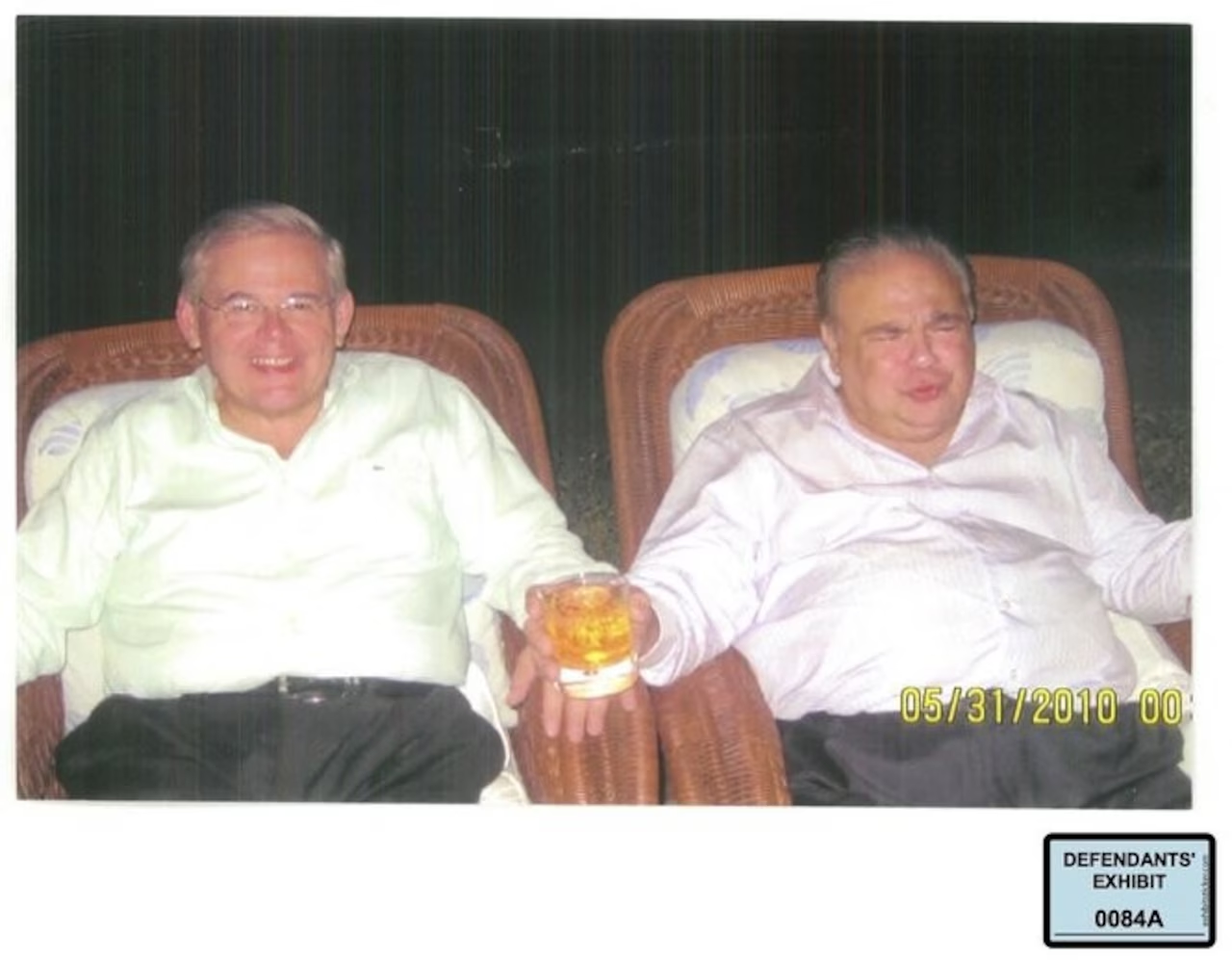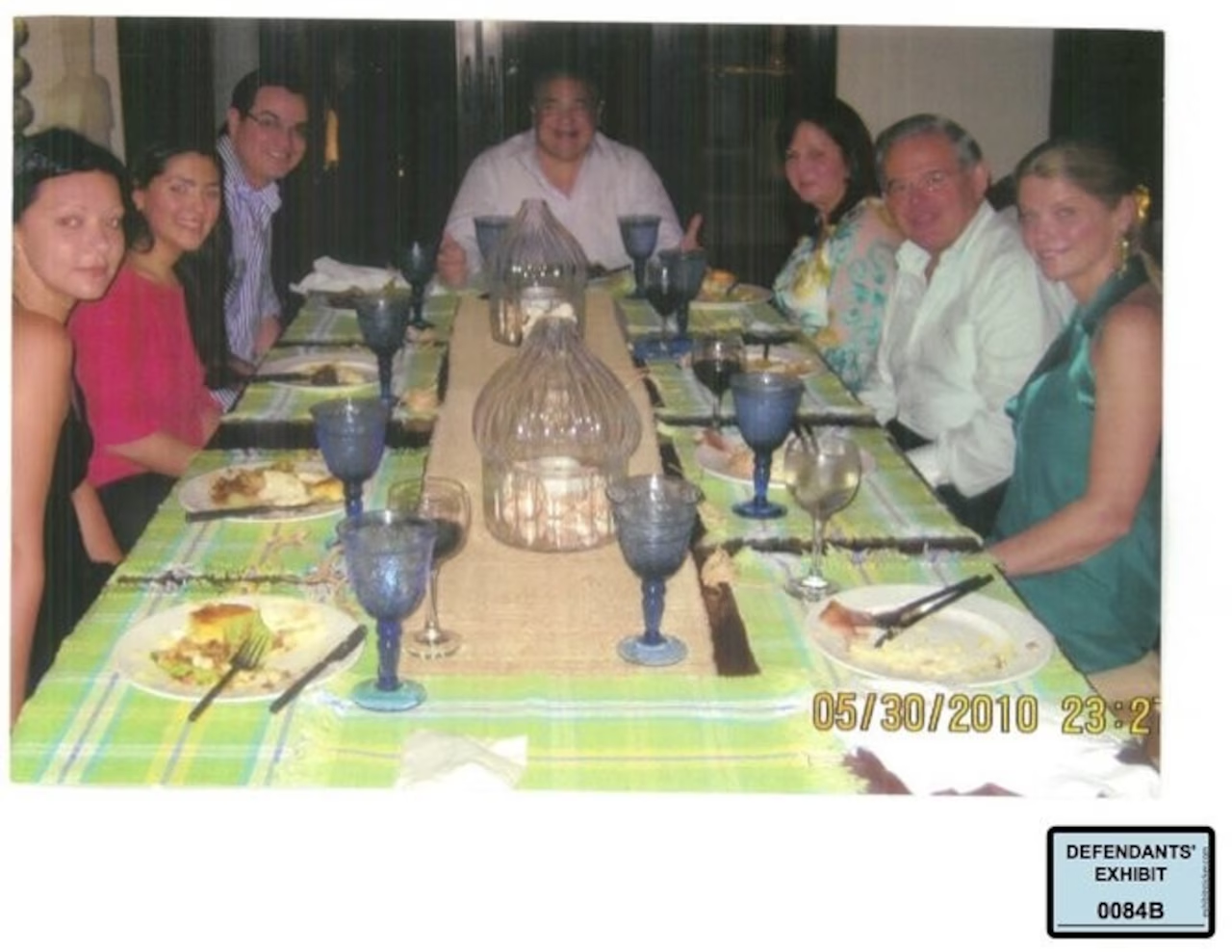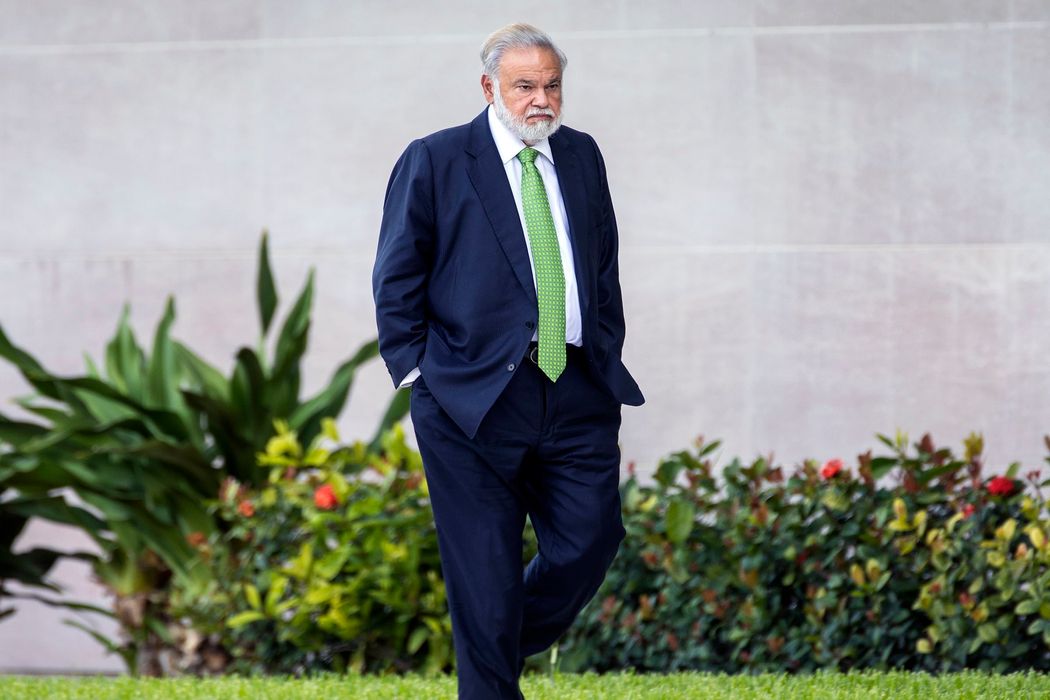The Fall of Salomon Melgen and the Conviction of Senator Bob Menendez: A Tale of Corruption and Bribery
In a stunning development that has sent shockwaves through the political landscape, Senator Bob Menendez, D-N.J., was found guilty on all counts Monday in a high-profile corruption case. This verdict marks a dramatic new chapter in a saga that began years ago with the investigation of Florida ophthalmologist Salomon Melgen, once a prominent Democratic donor and close associate of Menendez.
The jury found Menendez guilty on 16 counts, including bribery, extortion, acting as a foreign agent, obstruction of justice, and several counts of conspiracy. The charges stemmed from allegations that Menendez accepted bribes, including cash and gold bars, to benefit the governments of Egypt and Qatar. This case, which has captivated national attention, intertwines elements of political corruption, international influence, and abuse of power at the highest levels of government.
Damian Williams, the U.S. Attorney for the Southern District of New York, whose office prosecuted the case, hailed the verdict, saying Menendez’s “years of selling his office to the highest bidder have finally come to an end.” The statement underscores the gravity of the charges and the perceived breach of public trust.

As the verdict was read, Menendez displayed little emotion, merely shaking his head in disagreement as jurors were polled. The scene in the courtroom was tense, with some of Menendez’s family members breaking down in tears. Outside the courthouse, Menendez expressed deep disappointment with the jury’s decision and vowed to appeal, maintaining his innocence by stating, “I have never violated my public oath.”
The conviction of Menendez brings to mind the earlier case of Salomon Melgen, whose own legal troubles first brought scrutiny to his relationship with the New Jersey senator. Melgen, a once-respected ophthalmologist in West Palm Beach, Florida, saw his career and reputation crumble amidst allegations of Medicare fraud and political corruption.
Melgen’s story began with his immigration from the Dominican Republic to the United States, where he established a thriving ophthalmology practice specializing in retinal disorders. His rise to prominence was marked by growing wealth and political connections, most notably with Senator Menendez.
The doctor’s troubles began in 2009 when the Centers for Medicare and Medicaid Services (CMS) raised questions about his billing practices. Melgen was, for several years, the highest-paid Medicare physician in the country, a fact that raised red flags about potential fraud.
In 2013, the FBI raided Melgen’s medical offices, uncovering a complex scheme of Medicare overbilling. Prosecutors alleged that Melgen had fraudulently billed Medicare for millions of dollars through unnecessary tests and treatments. This investigation soon expanded to include his relationship with Senator Menendez, with allegations of bribery and corruption coming to light.
In 2015, both Melgen and Menendez were indicted on corruption charges. The indictment alleged that Melgen had provided Menendez with lavish gifts, including private jet flights and luxury vacations, in exchange for political favors. While their first joint trial in 2017 ended in a mistrial, Melgen was separately convicted on 67 counts of health care fraud in April of the same year.
Melgen was sentenced to 17 years in federal prison and ordered to pay $42.6 million in restitution to Medicare. However, in a controversial move, former President Donald Trump commuted Melgen’s sentence in January 2021, releasing him after serving approximately four years.
The recent conviction of Senator Menendez adds a new dimension to this long-running saga. Prosecutors presented evidence that Menendez and his wife, Nadine Menendez, accepted bribes from three businessmen in exchange for the senator taking actions to benefit them and the governments of Qatar and Egypt. The bribes allegedly included gold bars, a Mercedes-Benz for Nadine Menendez, and more than $480,000 in cash, which the FBI found stuffed into closets and clothing during a 2022 search of Menendez’s New Jersey home.
The jury deliberated for about 12½ hours over three days before returning the guilty verdicts. Menendez is scheduled to be sentenced on October 29, while his wife’s trial has been delayed indefinitely following her surgery after a breast cancer diagnosis.

The political fallout from this conviction has been swift and severe. Senate Majority Leader Chuck Schumer, D-N.Y., has called on Menendez to resign, stating, “In light of this guilty verdict, Senator Menendez must now do what is right for his constituents, the Senate, and our country, and resign.” This marks a shift from Schumer’s previous stance, where he had expressed disappointment but stopped short of calling for resignation.
The Menendez case, much like the earlier Melgen case, raises serious questions about the influence of money in politics, the potential for abuse of power, and the need for greater oversight and transparency in government. It highlights the complex web of relationships between wealthy donors, politicians, and foreign interests, and the potential for these relationships to undermine democratic institutions.
As the dust settles on this latest chapter in the Menendez-Melgen saga, its impact continues to reverberate through the political landscape. The conviction of a sitting U.S. senator on such serious charges is a rare and significant event, one that is likely to have lasting implications for political ethics, campaign finance reform, and the public’s trust in elected officials.
The story of Salomon Melgen and Bob Menendez serves as a stark reminder of the consequences of corruption and the importance of maintaining ethical standards in both medicine and politics. As the legal process continues and the political fallout unfolds, this case will undoubtedly be studied for years to come as a cautionary tale of power, influence, and the price of betraying the public trust.









